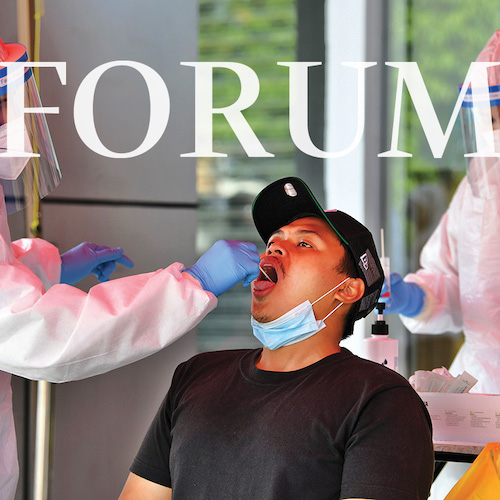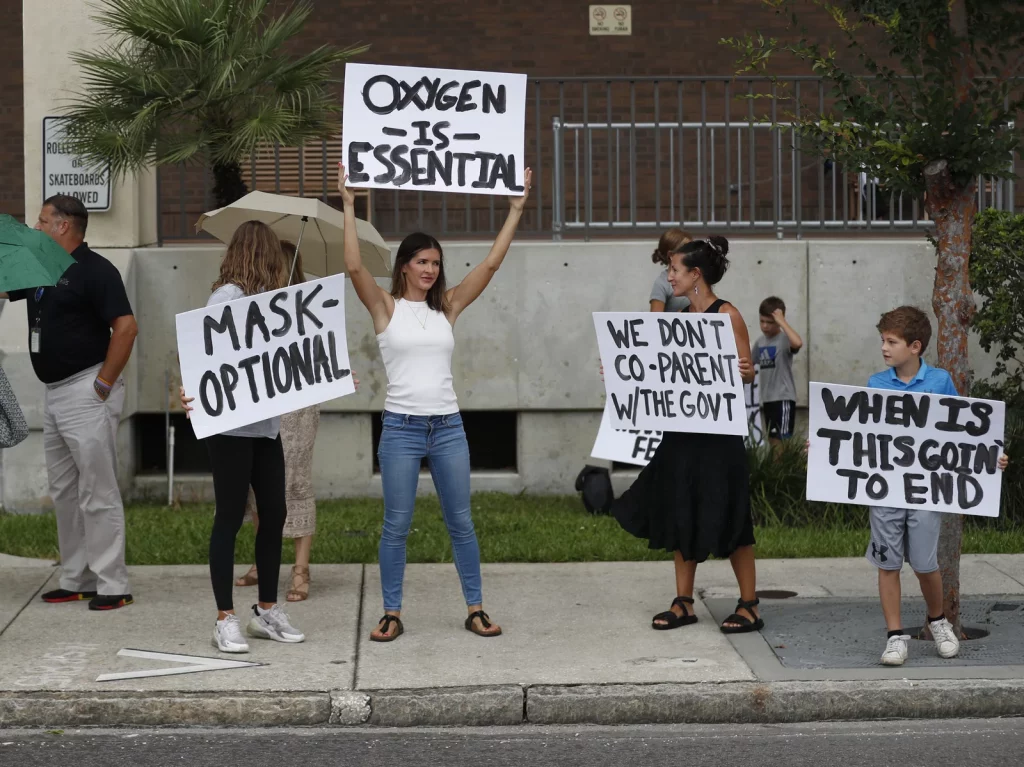What follows are 10 broad areas where the pandemic has revealed the need to challenge our assumptions and understanding so that we change what is clearly no longer suited to our times. These are areas that if we act upon will give meaning to all the proclamations about the need for new thinking and our ability to seize the moment for global cooperation and meaningful change. This is not an exclusive list nor is each issue comprehensively treated. Covid-19 has disrupted and revealed much. They are:
• Transforming the corporate world: The pandemic revealed fallacies in corporate operation that put entire organisations and workforces at risk. Corporations must become future-proof against shocks, and should meet their obligations to society as the basis of their licence to operate.
• Rethinking monetary policy: Public spending has been utilised like never before, with governments redistributing billions to keep societies and economies functioning. It is time to continue this trend and unleash public spending to achieve societal reform by funding basic needs and public services, from low-cost housing to sanitation.
• Reimagining growth: Growth metrics have proved to be outdated ways of assessing societal and economic progress. Now is the time to shift from defining growth as gross capital to defining it through indicators such as employment numbers, access to basic needs and sustainability targets.
• Abandoning the “free hand of the market”: During the pandemic, essential goods for healthcare, such as ventilators and personal protective equipment, were not provided in adequate time. Instead of reliance on outdated economic norms, the private sector, buttressed by the government, should now orient itself towards servicing public good.
• Revoking the free ride of the gig economy: The gig economy has ballooned since the pandemic began. But we have seen a regression in the quality, safety and security of work as a result of societal demand. Now that the gig economy is so prevalent, it is time to apply sustainable regulation.
• Valuing work that is essential: The pandemic introduced the term “essential worker” to our vocabulary — delivery drivers, farm labourers, store workers and more. Despite all the discussion about working from home, these workers kept society running at its most desperate, yet these members of society were and are poorly compensated — this needs to change.
• Reframing development priorities: The common development narrative focuses on digital growth. Yet the pandemic has shown us the sheer importance of basic services such as water, sanitation and stable electricity. How will Asean refocus its priorities after this episode?
• Rebuilding the collapsed food system: Between empty store shelves and farmers burning excess produce, the pandemic revealed deep flaws in our food system. Asean needs to relook at its reliance on under-priced migrant labour and ask the hard question: Are we self-reliant during a crisis?
• Starting a managed retreat from nature: One silver lining to the pandemic has been the environmental repair, from wildlife returning to public spaces to improved air quality. The instant rebound of nature should fill Asean governments with hope that their pro-environment policies can have impact, and can be even more ambitious than previously conceived.
• Geopolitics beyond Western supremacy: Finally, the disastrous handling of the pandemic by Western nations has revealed to many that non-Western countries are already operating with their own systems of excellence, and do not require Western legitimisation anymore. So, where does Asean stand in the global positioning now?



























